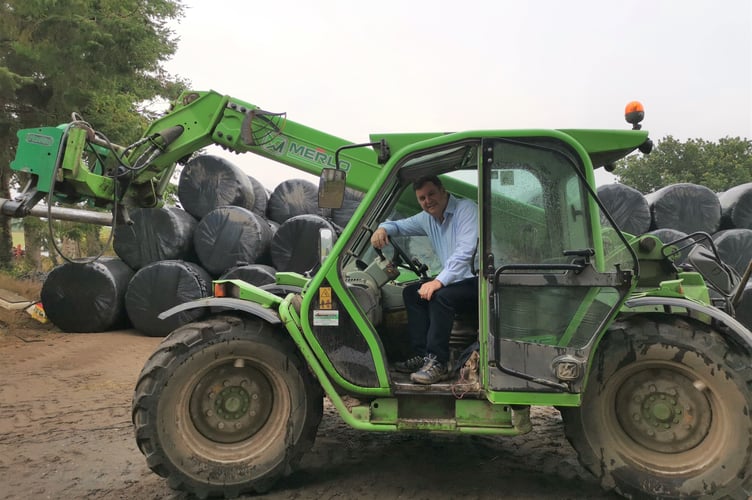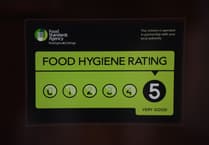Central Devon's MP Mel Stride has said he welcomes what has been called the "biggest upgrade" to the UK’s farming schemes since leaving the European Union
It is hoped that these will provide further support for farmers in Central Devon and across the country by strengthening supply chains and helping to deliver the Government’s commitment to keep at least 60 per cent of supermarket shelves filled with UK-made foods.
Central Devon MP and Secretary of State for Work and Pensions Mel Stride said: “Farmers are the lifeblood of communities here in Central Devon and I have seen first-hand over many years how hard they work to put food on our tables. This announcement is a major step forward and I encourage local farmers who haven’t yet explored whether these schemes could benefit them to take a look.”
The upgrades have been set out by the Environment Secretary Steve Barclay and include funding uplifts, streamlined application processes, enhanced environmental incentives and support for the roll out of new technology.
Under the UK’s agricultural transition, new farming schemes are paying farmers to take actions that boost sustainable food production while delivering positive outcomes for the environment.
The schemes are designed to work for all farm types and sizes, with thousands of farmers across England already taking part, and replace the bureaucratic Common Agricultural Policy which saw 50 per cent of funding go to the largest ten per cent of landowners.
The upgrades in detail:
- A ten per cent increase in the average value of agreements in the Sustainable Farming Incentive and Countryside Stewardship. Increases will automatically be applied to existing agreements.
- A more streamlined single application process for those applying for the Sustainable Farming Incentive and Countryside Stewardship mid-tier level.
- Farmers can be paid for carrying any of 50 more action across the farming industry including agro-forestry.
- Enhanced payments for "creation" and "maintenance" options to ensure farmers can afford to create and maintain habitats on their land.
- Payments for actions that provide big environmental benefits. For example, farmers could receive £765 per hectare for creating nesting plots for lapwing and £1,242 per hectare for linking up river and floodplain habitats





Comments
This article has no comments yet. Be the first to leave a comment.